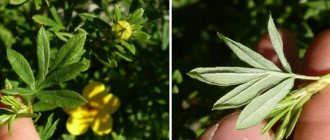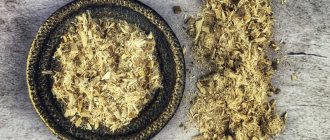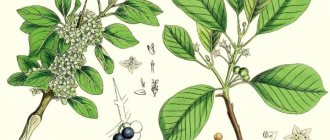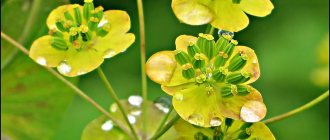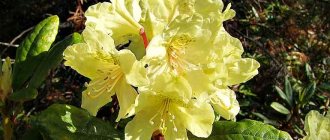Loading…
Loading…
Willow bark, the medicinal properties and contraindications of which have always been known, is actively recommended by traditional medicine. White willow, also known as pussy willow, is a perennial tree in the Willow family. Its bark has a characteristic grayish tint, and its crown has a spreading hemispherical shape.
Effect on blood viscosity
Scientists have refuted the hypothesis that willow bark can replace aspirin.
Despite the presence of salicin in willow bark, the amount of this active substance is incomparably less than in synthetic aspirin, so it is not able to replace it.
On the other hand, willow bark has a wider impact on the human body. Also, unlike synthetic aspirin, the plant does not harm the gastric mucosa and has much fewer other side effects (provided that the patient follows a reasonable dosage).
Although less effective than aspirin, white willow bark does slightly reduce blood viscosity.
Mild blood thinning occurs due to a complex of salicylic glycosides in the composition of the plant's raw materials. It was used for these purposes in ancient times.
Expert commentary
Kardash Anton Borisovich
Therapist, cardiologist. Doctor of the highest category.
Thus, although white willow bark is not a substitute for aspirin, it has minimal side effects and can be used as a mild blood thinner. It makes the most sense to use it as a preventive or auxiliary agent. It will not replace traditional treatment! Be sure to consult your doctor and do not self-medicate.
Chemical composition and medicinal properties of white willow bark
Willow bark contains many healing components. Among them:
- carotene and ascorbic acid (vitamin C);
- B vitamins – B3 (PP), B4 (quinine);
- 15 types of tannins and tanning components;
- 2-8% tannids;
- glycoside salicin (natural antibiotic);
- acids of organic origin;
- flavones and flavonoids;
- resinous and ethereal compounds;
- polyphenols;
- glycosidic components and pectins;
- The mineral complex is rich in iron, calcium and phosphorus.
Chemical composition
Having a rich composition of useful components, the bark has the following effects on the body:
- antiparasitic effect with antibacterial effect;
- anti-inflammatory properties with antipyretic effect (helps against fever, colds, inflammation in joints with hyperthermic syndrome);
- decongestant properties with a diuretic effect.
Willow can also be used as a sedative and hypnotic herbal medicine.
See also:
Centaury - medicinal properties and contraindications of the herb for women

